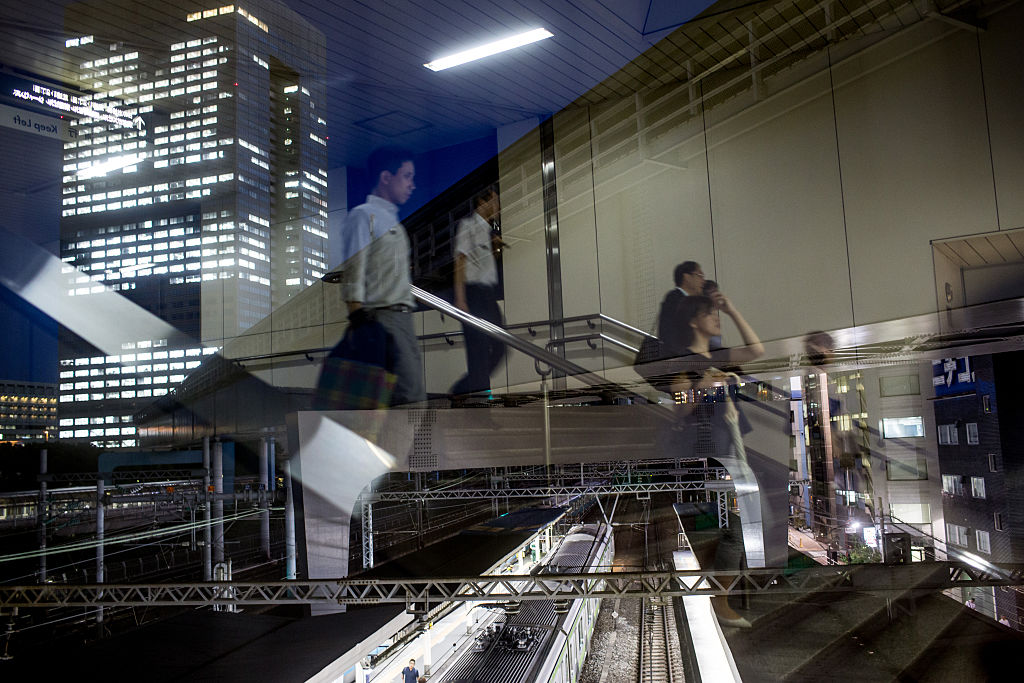A Japanese banker once told me that his company had opened an expensive showcase office block in the centre of Tokyo. The building had a rare employee-friendly additional space and large balconies on the upper floors, where staff could relax and enjoy the views. Despite this apparent sensitivity to their employees, in every other way the bank was a typical Japanese firm, expecting staff to work punishingly long hours in a highly-pressured environment.
After a few months, it became clear the balconies might not have been such a good idea after all. Four people jumped to their deaths. Rather than reviewing their employment practices, such as the hours worked and conditions endured by their clearly suffering workforce – or even bringing in a counsellor or two – the company did absolutely nothing. Except for one thing: they removed the balconies.
As the world emerges nervously from lockdown and new modes of safer and more convenient working are being trialled and assessed, it seems unlikely that big companies anywhere will now be splashing cash on expensive office blocks for huge numbers of staff, with or without balconies, if cheaper and more flexible options become available.








Comments
Join the debate for just $5 for 3 months
Be part of the conversation with other Spectator readers by getting your first three months for $5.
UNLOCK ACCESS Just $5 for 3 monthsAlready a subscriber? Log in